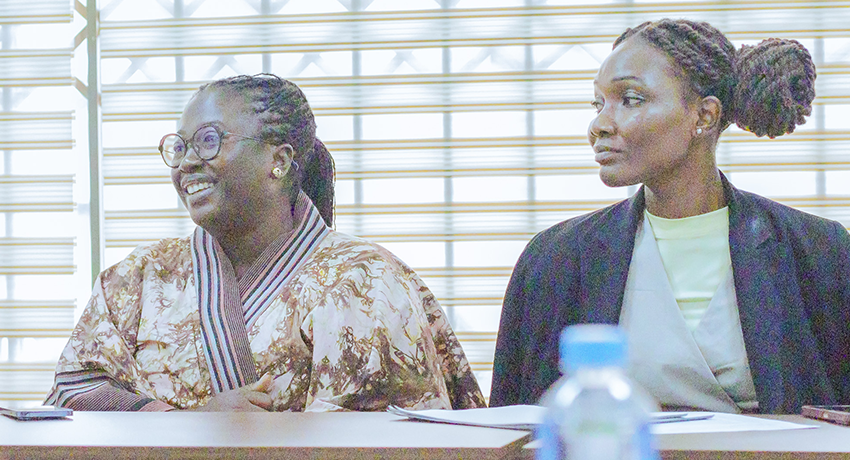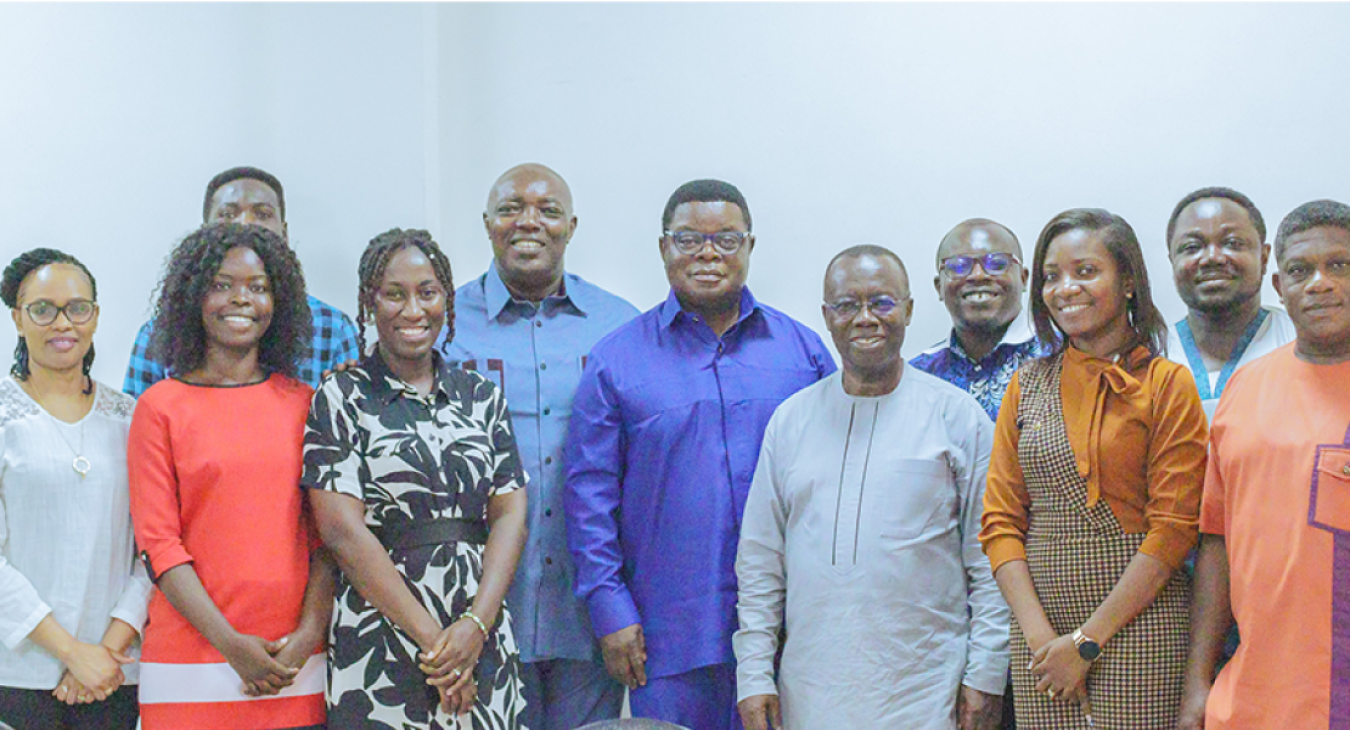ReFinD is collaborating with the International Centre for Evaluation and Development (ICED) to develop an Evidence and Gap Map (EGM) on agent network development in low- and middle-income countries (LMICs). The collaboration seeks to gather comprehensive evidence on agent network development in LMICs, identify knowledge and evidence gaps, and facilitate evidence-informed policy and programming. The project will also assess ReFinD's contribution to the broader evidence base in this area.
Agent networks and merchant payments play a crucial role in expanding access to digital financial services such as mobile money and agent banking. However, despite their importance, evidence on agent network development remains fragmented across the research landscape. This EGM project aims to consolidate existing evidence, identify critical gaps, and inform investment policy and programming decisions.

The eight-month joint project, led by ICED Research Fellow Dr. Sheila Agyemang as Principal Investigator, brings together expertise from both institutions, with ReFinD Postdoctoral Fellow Dr. Daniel Osarfo leading the ReFinD team. The collaboration will employ the Campbell Collaboration’s Evidence and Gap Map methodology to systematically collate and assess the evidence base. Expected outputs include a published EGM, research summaries, a technical report, policy briefs, a peer-reviewed publication and a network analysis report.

Ms Adadzewa Otoo, ReFinD’s Project Director, spoke on the significance of the collaboration, describing the effort as both timely and strategic marking an important milestone in ReFinD’s journey since its launch in June 2022.
“This exercise serves as an impact assessment of ReFinD’s efforts so far,” she said. “By mapping the existing evidence and identifying where the gaps lie, we are not only strengthening the evidence base but also helping to direct future research and investment towards areas of greatest need.”

The two-day training session, held on 16 to 17 October ISSER ISSER, provided a platform for the teams to discuss and outline implementation processes for the project. The opening session was graced by ISSER Director, Prof. Robert Darko Osei; ReFinD Executive Director, Prof. Peter Quartey; and ICED President, Dr. David Ameyaw, who each gave brief remarks, setting the tone for effective training and collaboration.

The collaborative project is expected to provide valuable insights for policymakers, development practitioners and researchers working to strengthen financial inclusion through agent network development in low- and middle-income countries.
For more information about the ReFinD–ICED Evidence and Gap Map (EGM), please contact ReFinD Postdoctoral Fellow, Dr Daniel Osarfo, at dosarfo@ug.edu.gh.

